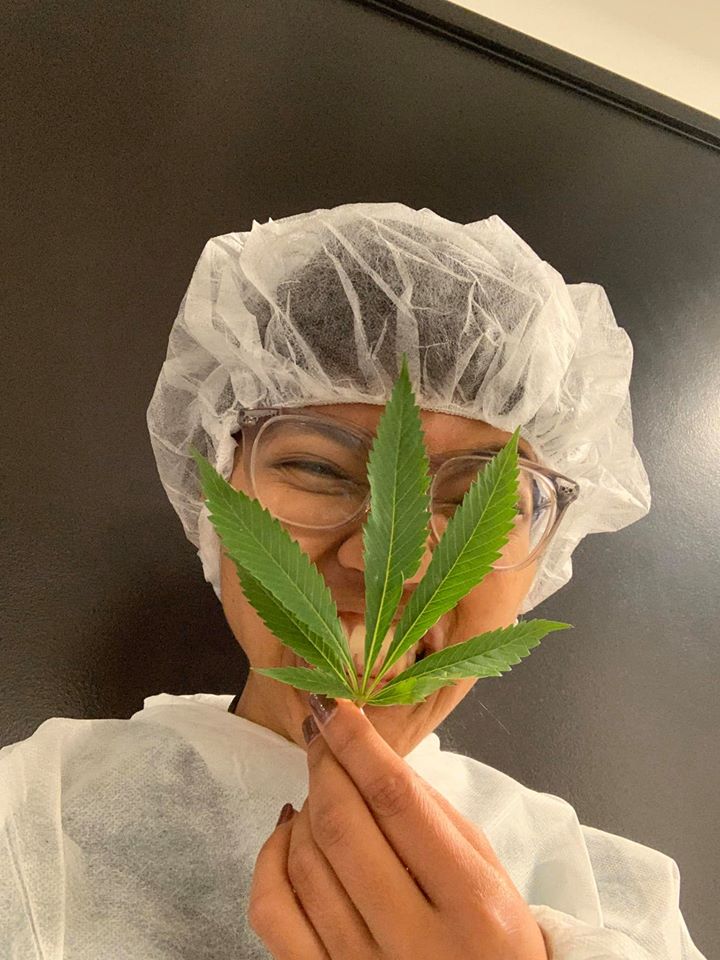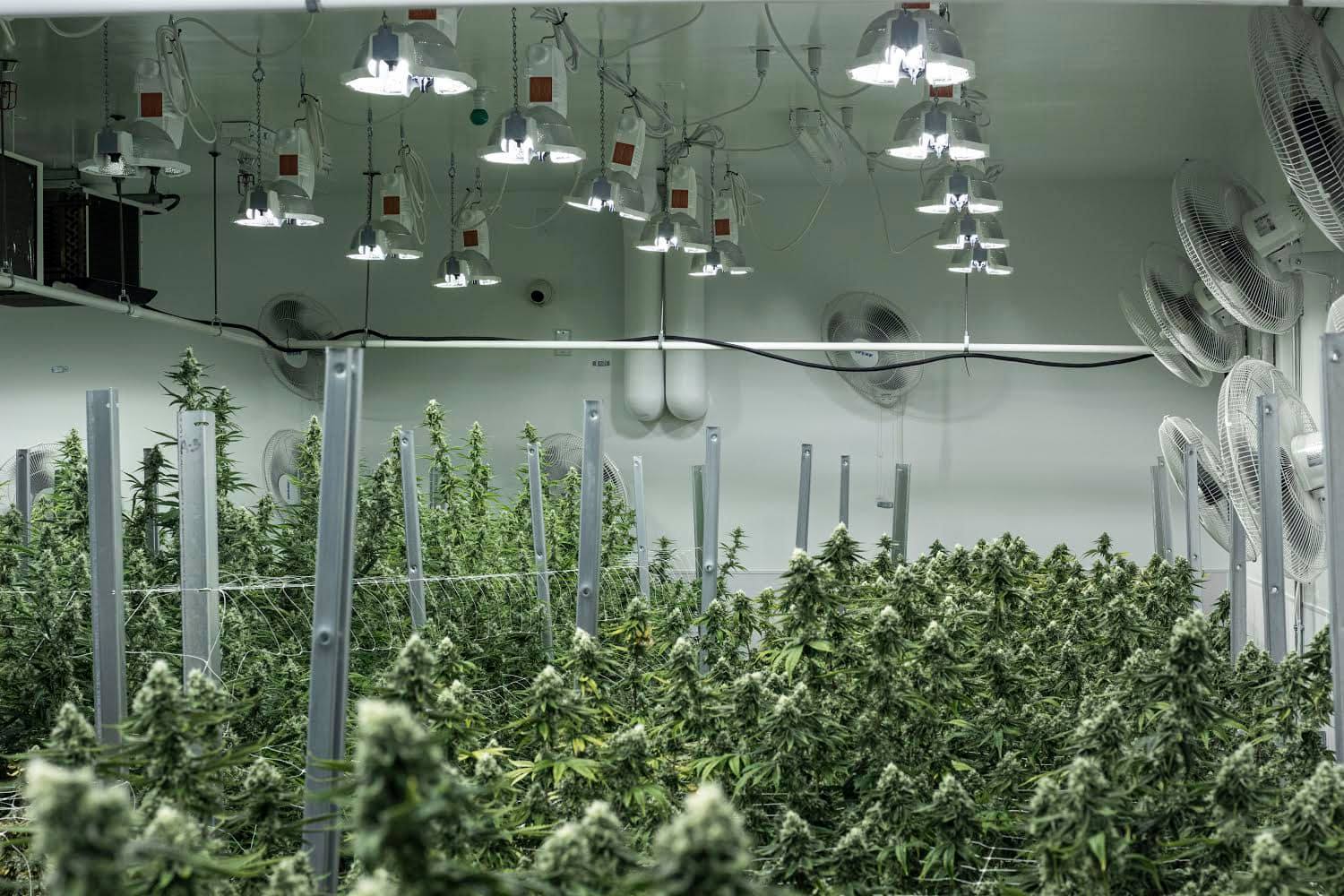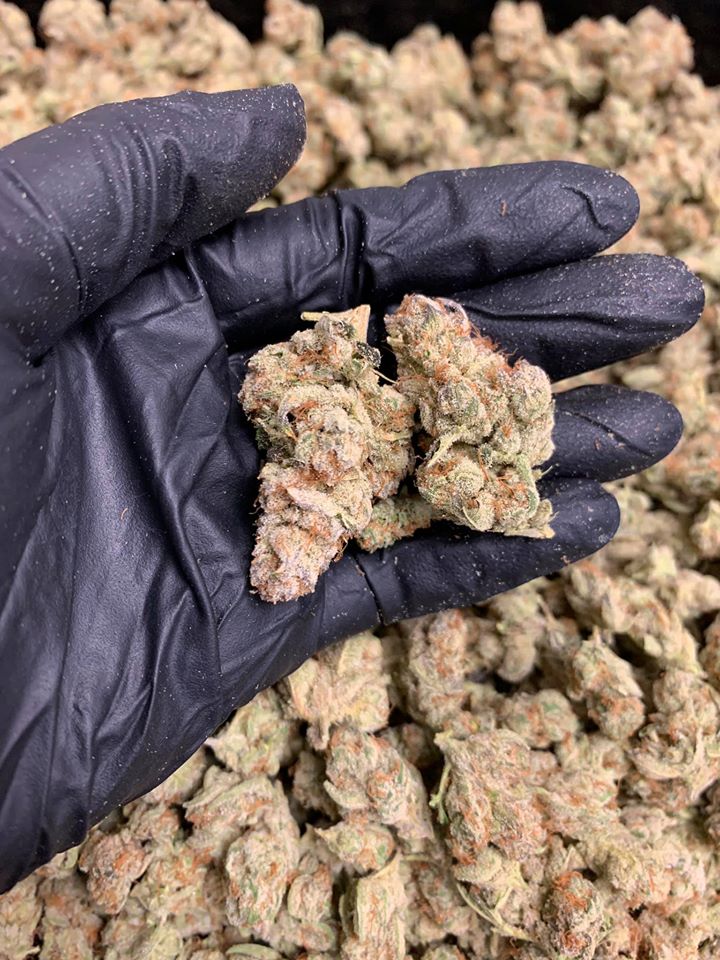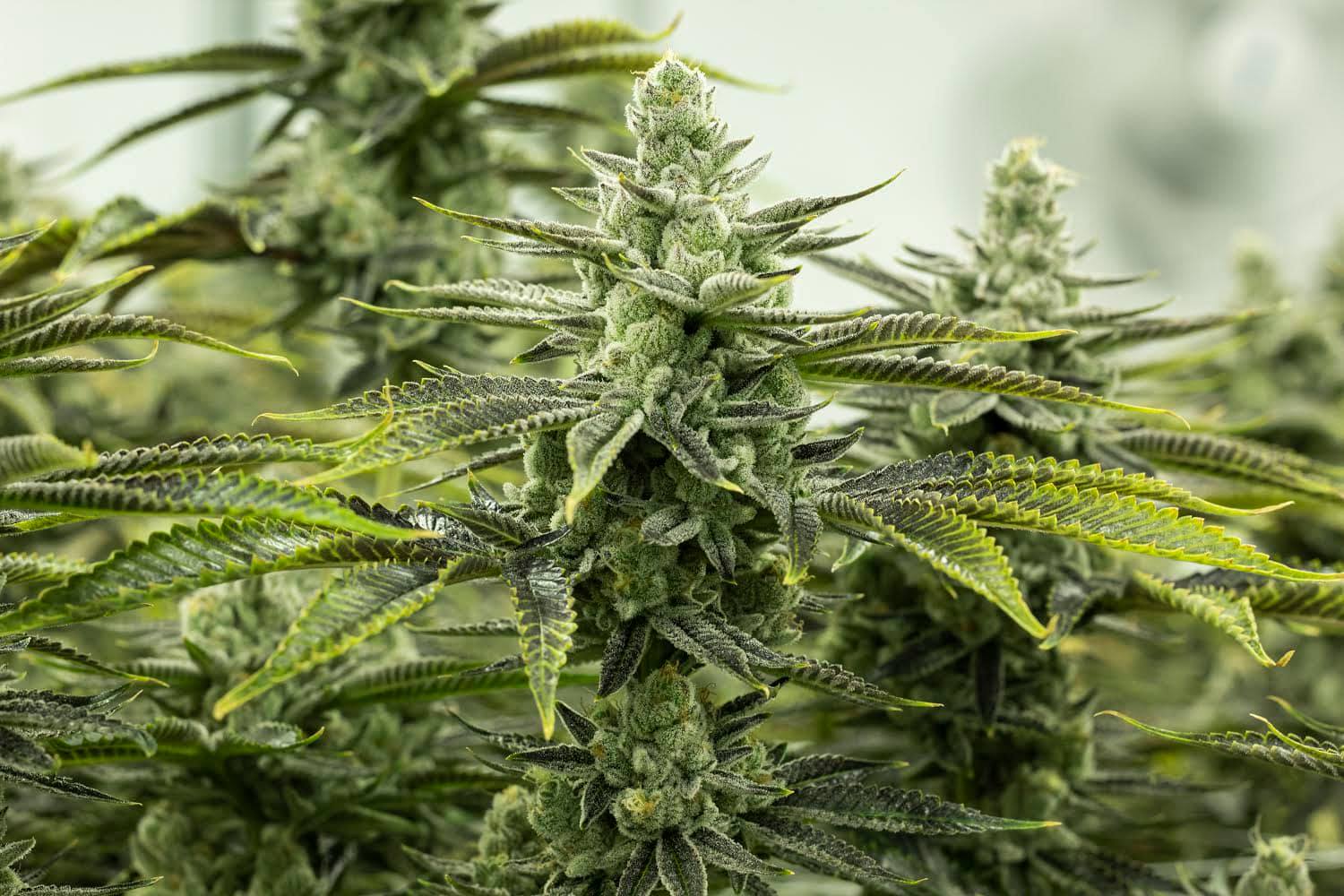Sabahan Shares What It's Like Working As A Marijuana Quality Control Officer In The US
She hopes that marijuana will one day be legal in Malaysia too.
A Sabahan woman working in a controlled lab overseeing the growth of medicinal marijuana in the United States believes that Malaysia should take note of its well-regulated system
Hailing from Sandakan, 32-year-old Hannah Fawwazah recently took to Facebook to share her experience working in the marijuana industry in US and thinks that Malaysia could learn a thing or two should the country one day choose to legalise the drug.
"The reason I share this is to provide information and positive exposure, where marijuana can be well-regulated and not misused if controlled tightly and systematically," she wrote last Sunday, 10 May.
Her post has since been shared over 22,000 times.
Celebrating her one year anniversary at the company, Hannah shared that she works at Premium Produce in Las Vegas, Nevada
According to its website, the company owns a 25,000sqft cultivation and laboratory facility that produces safe cannabinoid medicines and other cannabis products to a country where 11 states have legalised the recreational use of the drug while 33 others have sanctioned it for medical use.
Hannah said she first joined the company as a bookkeeper before enrolling in a course that led her into the job at its cultivation site where she now maintains the quality and compliance of the marijuana plants.
With having no criminal record to passing an FBI background check, she revealed that she had to fulfil many strict requirements for the new position
Hannah said the government kept a close eye on the people allowed into the industry and knew each person held accountable for the marijuana plants, from its seeds to the final products.
Employees even had their biometric fingerprints taken and are required to obtain a special ID that is traceable under a system called Metrc that has to be renewed every year, she said.
"Every marijuana plant has a unique identification tag on them too," she wrote, adding, "Each time a cannabis product changes form, for example from seed to maturity for harvest, the ID of the agent responsible for the change will appear in the system."
"If there's a mistake, the state government will send someone to the facility to check on what's wrong."
She said that no plants could be used indoors, let alone leave the building. Also contrary to popular misconception, she clarified that the majority of her colleagues and herself were not cannabis users.
"Speaking of which, I do not test smoke the products we have. That is not my job. If you need to know, out of the 25 employees on the cultivation site, only 10 are recreational or medical users. My boss and I are not," she wrote in a separate post.
Hannah emphasised that the standards upheld by the company and the government made safe marijuana available to users, instead of illegal products often found in the black market
She explained, "Black market products are not safe to use because their cannabis could have unknown fungi or poisonous herbicides. But for our company, we plant all of them all indoors and do not use herbicides."
"We also don't have compressed marijuana here. Compressed marijuana that is found in Malaysia is usually mixed with dangerous synthetic material. The quality is not the same as the ones here," she compared.
"And that is in my job scope, I make sure the trees planted are according to regulations, without herbicides, and are all organic. I am also responsible for buying the nutrients for the soil."
She added that all this summed up why cannabis was also expensive - cultivators pay a high tax, but mostly it was because the cost of planting them in a properly regulated environment was high.
"This is not a black market without standards and proper lab testing."
Hannah also shared that she used to smoke marijuana to treat her depression but has since stopped
"Honestly, I rarely use cannabis products. Earlier when I just moved here, the doctor diverted medication for my depression to the use of cannabis. And a year later, I don’t have to depend on anything anymore," she said.
"But my interest in this field has not yet faded. I love the science behind these unique herbs that are capable of healing."
She admitted that it was, however, not easy working in such a highly-regulated industry.
"I can say I love my job, and my job is so unique. I know this opportunity wouldn't have come to me if I didn't have an open heart or did not believe in science," she said.
She also hoped that it will be federally legal someday in the US and that it will also be legal in Malaysia in the future.




